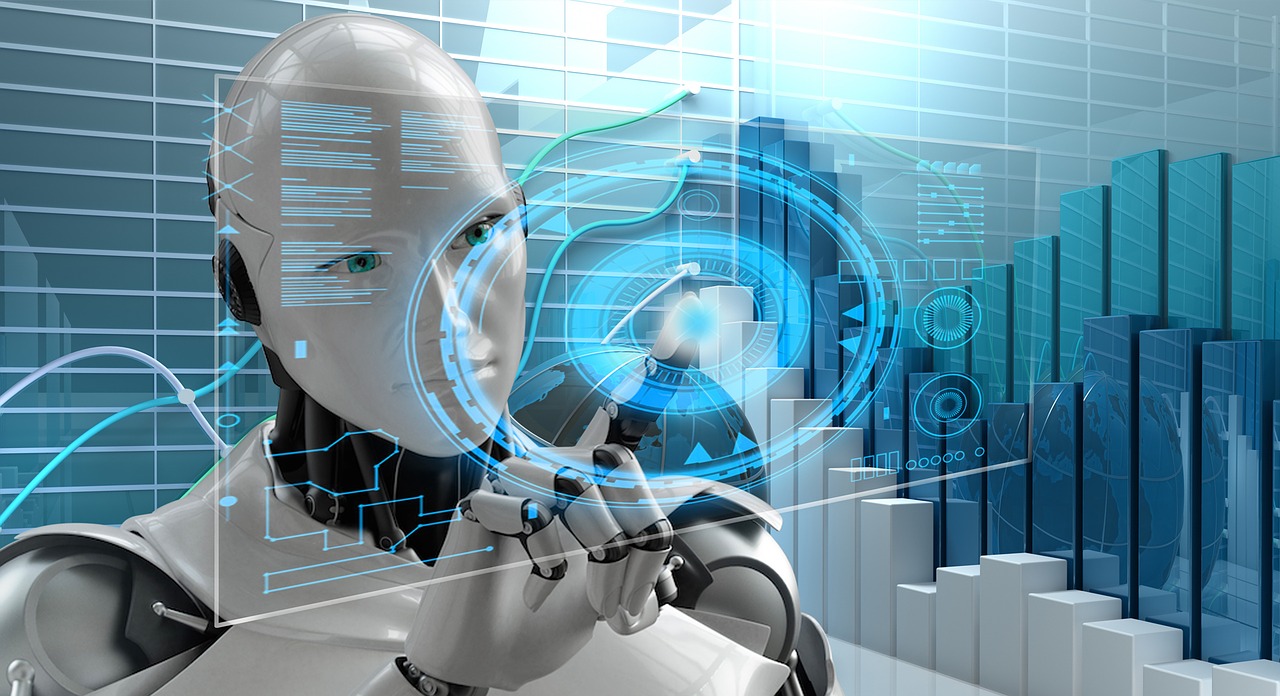Can artificial intelligence replace the teacher at the university?

The role of a teacher
While the internet and online courses can cover an extensive range of subject matters, it’s important to realize the role of teachers in our lives. Education wouldn’t be the same without professors and lecturers who have spent years studying in a specific field in order to share their knowledge with future generations. While technology can easily spew out facts and information, it is done without emotion and passion for the subject. Education is not simply about learning and regurgitating a series of facts. It’s about applying the knowledge you gather and undertaking case studies and experiments to put it into practice.
While I believe online courses are a fantastic tool, especially with the recent pandemic, it’s important to remember that most of the current online learning is still supplemented by video calls or in-person sessions with tutors. Classrooms are a venue for discussion and interaction, and if these were replaced with virtual spaces, you’d struggle to engage in meaningful debates to challenge your learning and opinions. Facts and basic lessons will only get you so far in life, as education needs to be applied and put to the test in order to be effective. At this current time, technology has not advanced far enough for individuals to be able to have a real intuitive conversation with real-time reactions. This would be the level of technology that would need to be achieved in order for AI teaching to truly be considered as a replacement in a classroom setting.
Learning in the digital age
Although classrooms are not yet fully run by artificial intelligence, we are beginning to see technological advancements enter into the field of education. While teachers have relied on multimedia videos and presentations for many years, now we see students also relying on laptops for note-taking and learning. Gone are the days of handwriting assignments, and instead these are now submitted electronically. Furthermore, projects often involve using video editing software, which teaches fantastic skills to young students. Many independent language learners rely on apps created by talented developers such as Duolingo, which uses voice recognition to allow users to practice speaking in a new language. These apps and sites are intuitive to the learner’s progress, offering tailored learning experiences.
While the internet and online educational courses offer additional learning tools, they give the added risk of plagiarism when used too regularly. For academic writing and dissertations, you always want to create original work to submit. So, it is important for students to know how to choose the best coursework writing service to avoid getting caught plagiarizing. “I do not believe in simply regurgitating information and paraphrasing it to create the appearance of quality, academic work. Instead, I strive to ensure the writing is well-planned and researched, and demonstrates a logical flow of ideas between paragraphs” says Dr. Dashiel Smith of his writing work on papersowl.com Apps and online services can help increase your knowledge when performing research on a new topic. However, individuals need to also factor in their own opinions and in-person educational experiences into their assignments, as technology can never replace these fully.
AI can never fully embody the role of the teacher
Alongside parents, teachers are one of the most influential people involved in a youngster’s upbringing. I’m sure you can’t imagine your life as it is today without at least one teacher from your youth, and the same goes for university professors and teachers. While a textbook can teach you the information you need to know, it will never inspire you to delve deeper into your learning. A teacher pursues their career to motivate young students to learn and discover the world around them. It’s incredibly hard to form a real connection to teaching materials without someone looking over you.

The world of AI teaching is a fascinating topic to consider, and no doubt in the future technology will continue to increase its part in the learning experience. However, due to the unique role of teachers and professors in young people’s lives, I find it incredibly unlikely to believe that teachers will ever find themselves entirely out of a job. The guidance and personal touch they provide within each university and school in the country is irreplaceable and is one of the greatest parts of any student’s education.

























